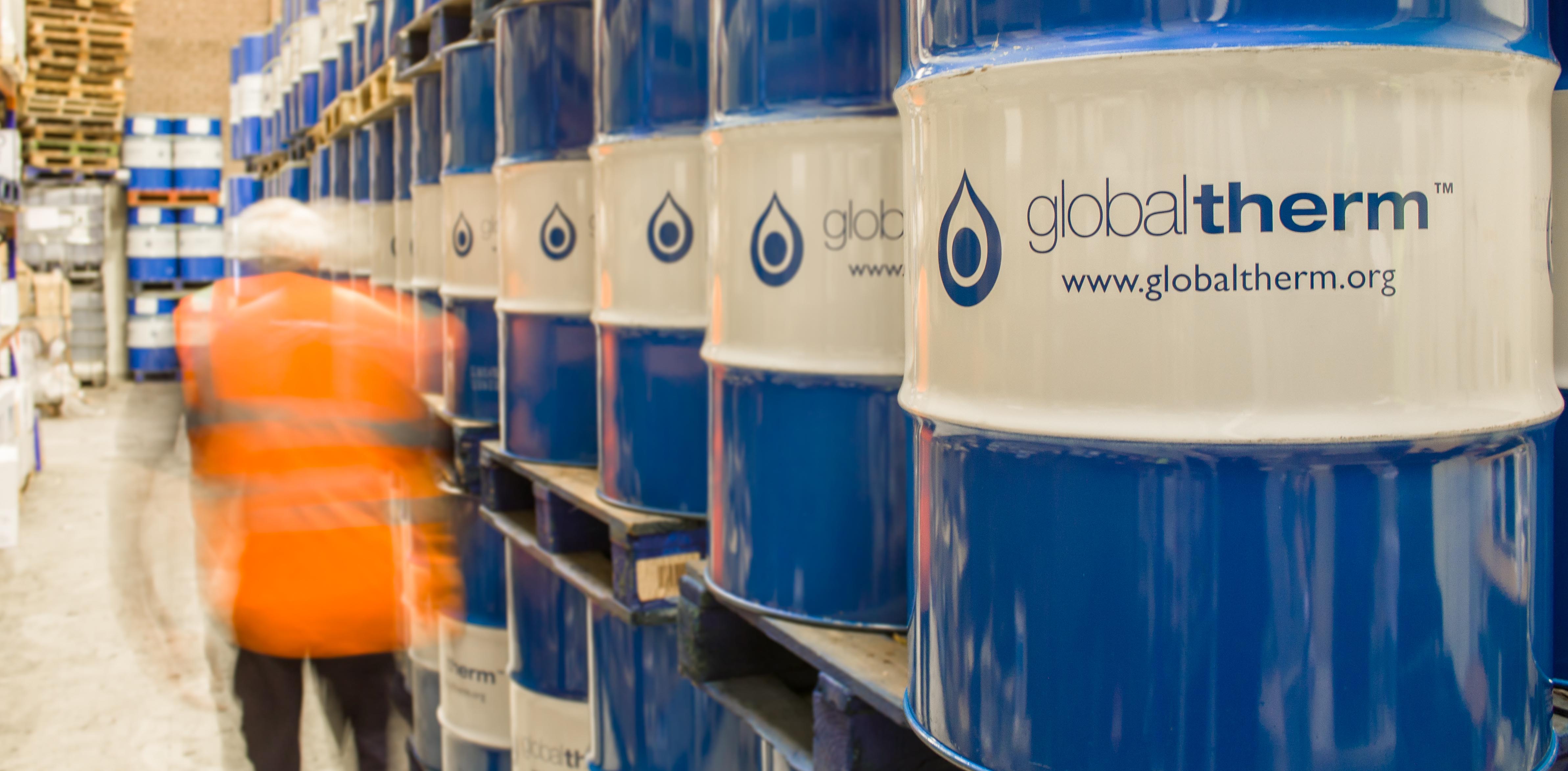Why Propylene Glycol is a Preferred Choice for Safe Heat Transfer Fluid
Why Propylene Glycol is a Preferred Choice for Safe Heat Transfer Fluid
Blog Article
Why Picking the Right Heat Transfer Fluid Is Crucial for Optimal System Effectiveness
Choosing a proper warmth transfer fluid is a critical decision that can dramatically affect system effectiveness and operational costs. The ideal liquid not just enhances thermal performance but additionally makes certain long life and reliability of equipment, decreasing the threat of pricey downtimes. Key residential or commercial properties such as thermal conductivity, viscosity, and thermal stability needs to be meticulously reviewed to optimize energy usage and stay clear of possible failures. As the effects of this option prolong far beyond prompt performance, recognizing the nuances of fluid option becomes vital for any person wanting to attain ideal system effectiveness. What variables should be prioritized in this important decision-making process?
Significance of Heat Transfer Fluids
What duty do heat transfer liquids play in commercial procedures? Warm transfer fluids are crucial for the effective transfer of thermal power within different commercial systems. They facilitate the activity of heat from one location to one more, ensuring that procedures operate within optimum temperature arrays. Their key function is to absorb warmth from a resource, such as a furnace or activator, and supply it to an end individual, like a heat exchanger or purification column.
The choice of heat transfer fluid can substantially affect energy tools, safety, and efficiency longevity. Liquids should be qualified of holding up against heats and pressures without weakening, along with display marginal volatility and reduced poisoning. Their performance straight impacts not only the productivity of the system however additionally its functional expenses.
In addition, heat transfer fluids play a critical function in preserving procedure control, making certain that temperature fluctuations are minimized. This is particularly important in delicate applications such as petrochemicals and pharmaceuticals, where specific temperature level management is essential. On the whole, the importance of selecting the best warm transfer fluid can not be overstated, as it is important to enhancing industrial procedures and improving total system efficiency.
Trick Residence to Think About
When selecting a warmth transfer fluid, which key buildings should be focused on to make sure ideal performance? Thermal conductivity is important; a liquid with high thermal conductivity will successfully move heat, lessening energy loss. In addition, the specific heat capacity of the liquid is vital, as it figures out how much energy the fluid can launch and store, influencing overall system responsiveness.
Viscosity is another substantial property to take into consideration, as it influences the liquid's circulation features; reduced viscosity liquids are usually favored for simpler flow and reduced pumping power. The fluid's temperature level range is just as essential; it has to execute effectively within the functional temperatures of the system without weakening or evaporating.
Think about the environmental influence and security profile of the liquid, as policies and sustainability goals progressively influence fluid choice. By focusing on these essential buildings, one can select a warm transfer liquid that enhances system strength and integrity.

Influence On System Effectiveness
The selection of heat transfer fluid straight influences system performance, influencing both power consumption and operational performance. A fluid's thermal conductivity, viscosity, and heat capacity play why not check here pivotal functions in just how effectively it moves warmth within a system. Optimum fluid residential properties make certain that heat is soaked up and distributed effectively, minimizing energy losses and improving the overall performance of the system.

In addition, the compatibility of the fluid with system products can substantially affect performance. A liquid that creates corrosion or deterioration can bring about leakages and system failings, additionally lessening effectiveness. In recap, the best heat transfer fluid not just takes full advantage of power effectiveness and minimizes expenses however also enhances the dependability and long life of the system, making it a vital consideration for engineers and decision-makers in thermal administration applications.
Common Kinds Of Heat Transfer Fluids
A variety of heat transfer fluids are typically utilized in thermal monitoring systems, each with distinct properties matched to certain applications. Water is among the most widely used warm transfer fluids due to its high particular warmth capability, affordable, and availability. Nonetheless, its cold factor limits its usage in low-temperature applications.
Thermal oils, typically acquired from oil, are an additional prominent option, specifically in high-temperature systems. These liquids can run at raised temperature levels without evaporating, making them optimal for industrial applications. Nevertheless, they might have restrictions concerning thermal security.
Refrigerants, utilized mainly in cooling systems, have special thermodynamic properties that permit efficient warm transfer at reduced temperatures. Their choice is vital to make sure performance and compliance with ecological guidelines.

Additionally, phase change products (PCMs) are acquiring traction for their capacity to absorb and release significant amounts of warmth throughout phase transitions, supplying a distinct option for thermal energy storage. Each fluid's details qualities must be evaluated for optimum performance.
Ideal Practices for Selection
Selecting the suitable heat transfer liquid involves careful consideration of several key factors that straighten with the certain needs of the application. Assess the functional temperature level range. The liquid must preserve its residential or commercial properties and effectiveness throughout the intended temperature range. Full Article Second, take into consideration the liquid's thermal conductivity, which impacts warm transfer rates; higher thermal conductivity normally brings about improved performance.
In addition, review the fluid's thickness, as it influences pumping energy and total system efficiency. Reduced viscosity liquids normally lower power intake during flow. Compatibility with system products is one more crucial element; make sure that the fluid does not cause corrosion or deterioration of parts and pipelines.
Following, take into consideration the fluid's security and long life, particularly in high-temperature applications. A stable fluid reduces upkeep and replacement expenses. Environmental and security regulations ought to guide your selection procedure, highlighting eco pleasant and non-toxic choices when possible.
Conclusion
In verdict, selecting the suitable warmth transfer fluid is essential for attaining optimum system effectiveness. The ideal liquid enhances thermal conductivity, minimizes energy losses, and advertises equipment durability, eventually leading to improved system reliability and performance. Understanding the essential properties and influences of different liquids on system efficiency is crucial for notified decision-making. Sticking to ideal methods in liquid choice can lead to substantial long-term cost savings and functional efficiency.
Heat transfer liquids are vital for the efficient transfer of thermal energy within numerous commercial systems. Additionally, the particular warm ability of the liquid is essential, as it figures out how much power the fluid can release and store, affecting general system responsiveness.
Think about the ecological impact and safety and security account of the liquid, as policies and sustainability objectives progressively influence liquid option - thermal oil. A fluid's thermal conductivity, viscosity, and warmth capacity play pivotal functions in exactly how properly it transfers warmth within a system. Water is one of the most commonly used warmth transfer fluids due to its high details heat capacity, reduced price, and availability
Report this page